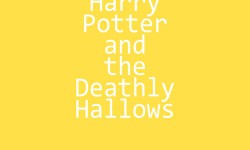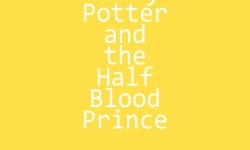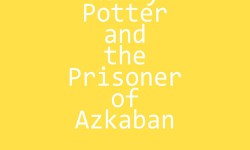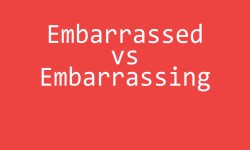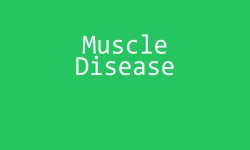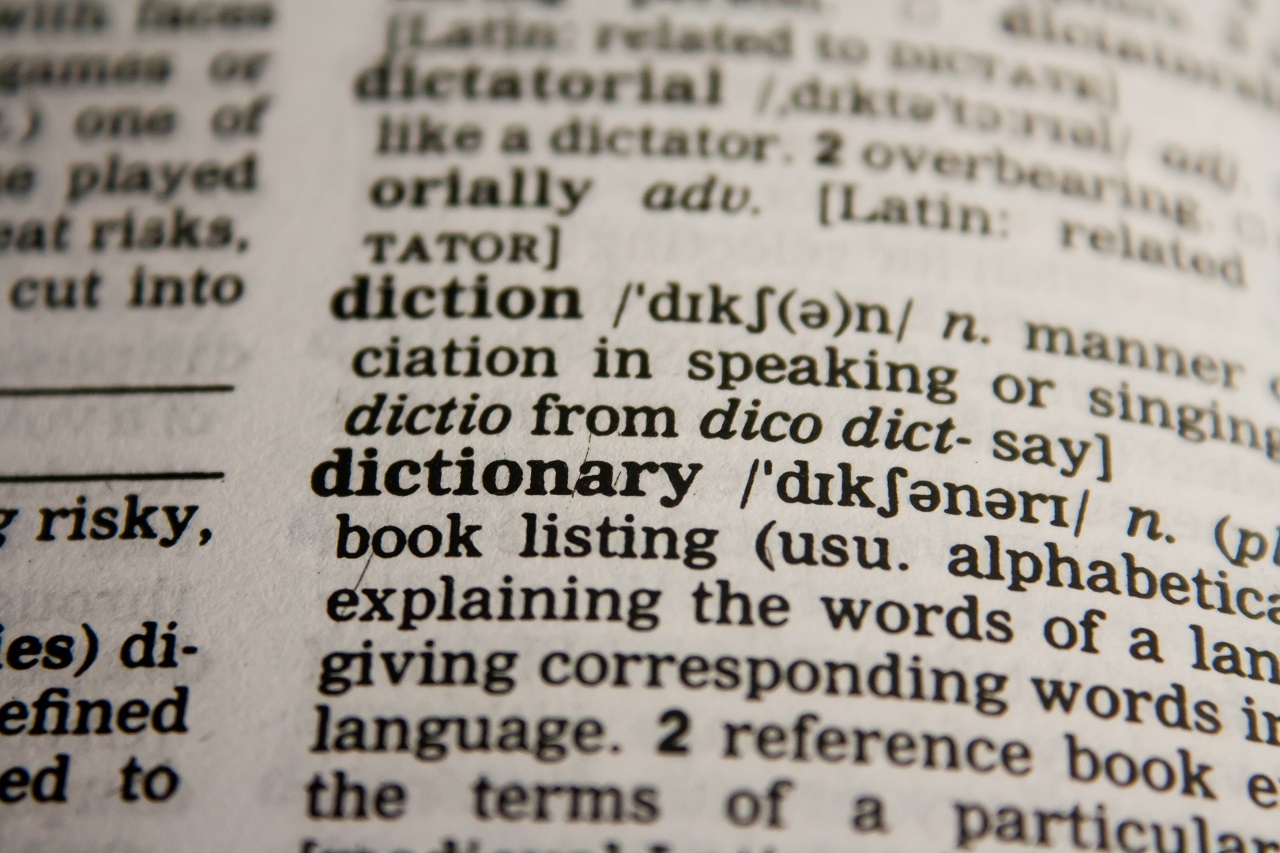
How much do you know about English Grammar, Vocabulary and Literature? Test your knowledge with free quizzes, practice tests, English exercises!
All exercises and quizzes are free to take!
If you're looking to test your knowledge of English grammar, vocabulary, and literature, look no further than our website. Quiz-everyday.com offers a wide range of free quizzes, practice tests, and exercises that cover a diverse range of topics.
Whether you're a student, educator, or simply looking to brush up on your language skills, our website provides an engaging and interactive way to test your knowledge. All of our exercises and quizzes are free to take, making it easy and accessible for anyone to learn.
Our website is organized into three main categories: grammar, vocabulary, and literature. Each category includes a wide variety of quizzes and exercises designed to challenge and test your skills.
1. Grammar - Free English Grammar Exercises
Exercises in this category are suitable for mostly intermediate to advanced students. There are, however, some quizzes suitable for elementary or pre-intermediate English learners.
Exercises are further divided into subcategories:
Nouns Exercises
This category includes exercises with nouns, such as irregular plural nouns or masculine/feminine nouns
Pronouns Exercises
Here you can test your knowledge about English pronouns such as:
- possessive adjectives and pronouns
- anythings vs something vs nothing
- personal pronouns
- this, that, these, those and more
Adverbs Exercises
Adverbs are a common source of problems for English learners as well as for native speakers. With these category of exercises you can improve the use of them. For example, you can test yourself when to use well vs good or bad vs wrong.
Verbs Exercises
Our exercises on verbs cover a range of topics such as verbs with prepositions, the difference between "do" and "make," and regular and irregular verb forms. These exercises are designed to help learners improve their understanding and use of English verbs.
Phrasal verbs Exercises
Our phrasal verb exercises cover common phrasal verbs such as "get," "give," "break," "come," "take," "put," and "turn." These exercises are designed to help learners understand the meaning of phrasal verbs and how to use them correctly in sentences.
Prepositions Exercises
Our preposition exercises cover common prepositions such as "on," "in," and "at," as well as less common prepositions like "among," "beside," and "between." These exercises are designed to help learners understand the correct use of prepositions in different contexts.
Irregular verbs Exercises
Our irregular verb exercises cover irregular verbs such as "go," "be," and "have." These exercises are designed to help learners understand the different forms of irregular verbs and how to use them correctly in sentences.
Common Grammar Mistakes
Our common grammar mistakes exercises cover some of the most common errors made by English language learners, such as subject-verb agreement, the use of articles, and the difference between "who" and "whom." These exercises are designed to help learners avoid common mistakes and improve their overall grammar skills.
Common Spelling Mistakes
Our common spelling mistakes exercises cover common spelling errors made by English language learners, such as confusion between "there," "their," and "they're," and the difference between "affect" and "effect." These exercises are designed to help learners improve their spelling and avoid common mistakes.
Ing vs Ed Exercises
Our exercises on "-ing" vs. "-ed" cover the different forms of verbs that end in "-ing" and "-ed," and how to use them correctly in sentences. These exercises are designed to help learners understand the difference between these forms and use them appropriately.
Some vs Any Exercises
Our exercises on "some" vs. "any" cover the differences between these two words and how to use them correctly in sentences. These exercises are designed to help learners understand the different contexts in which "some" and "any" are used.
Quantifiers Exercises
Our quantifier exercises cover the use of quantifiers such as "fewer," "less," "many," and "much." These exercises are designed to help learners understand the correct use of these words in different contexts.
Confusing Words Exercises
Our exercises on confusing words cover pairs of words that are commonly confused by English language learners, such as "peace" vs. "piece," "to" vs. "too" vs. "two," and "break" vs. "brake." These exercises are designed to help learners distinguish between similar words and use them correctly in sentences.
Articles Exercises
Our exercises on articles cover the use of articles such as "a," "an," and "the" in different contexts. These exercises are designed to help learners understand the correct use of articles and avoid common mistakes.
Irregular Verbs Exercises
Our irregular verbs exercises cover irregular verbs such as "bend," "bite," "blow," "break," "bring," "build," "buy," "catch," "choose," "come," "dig," "do," and "draw." These exercises are designed to help learners understand the different forms of irregular verbs and use them correctly in sentences.
2. Vocabulary - Free English Vocabulary Exercises
Exercises in this category are similarly suitable for students with elementary to advanced knowledge of English.
Our vocabulary section includes quizzes and exercises on animals, word formation prefixes and suffixes, and words instead of very. We also cover common grammar mistakes, confusing words, and quantifiers.
3. Literature - Free Literary Quizzes
This last category is full of literary quizzes. You can find there quizzes divided into subcategories according to literary genre, nationality of the author or literary period.
